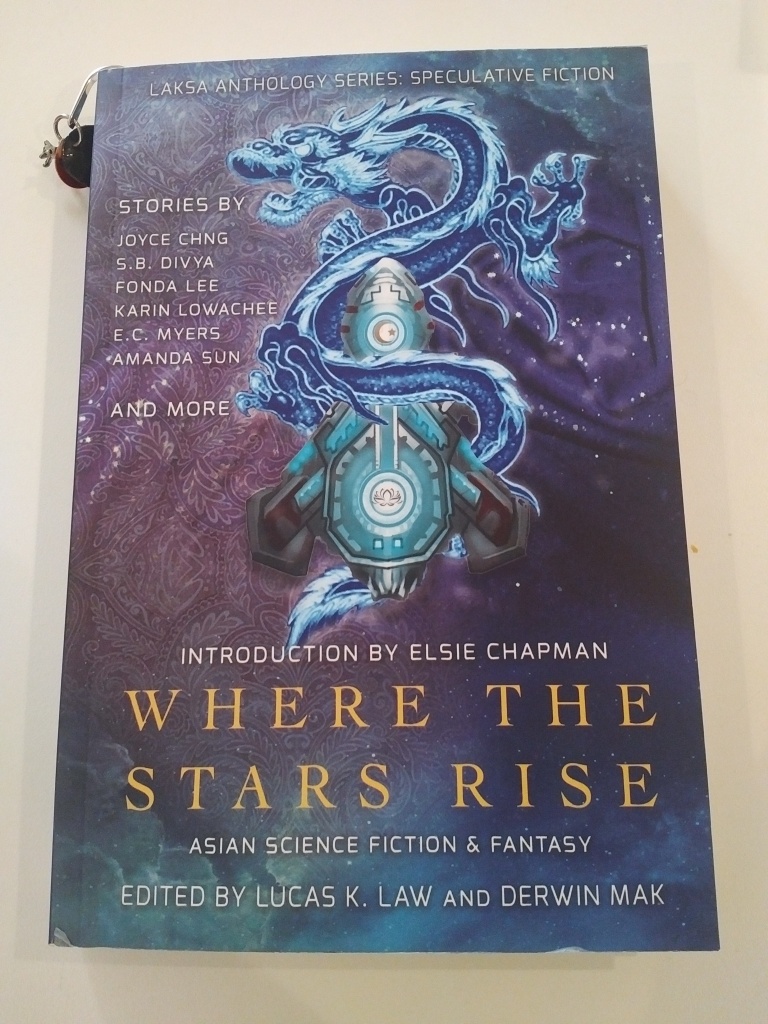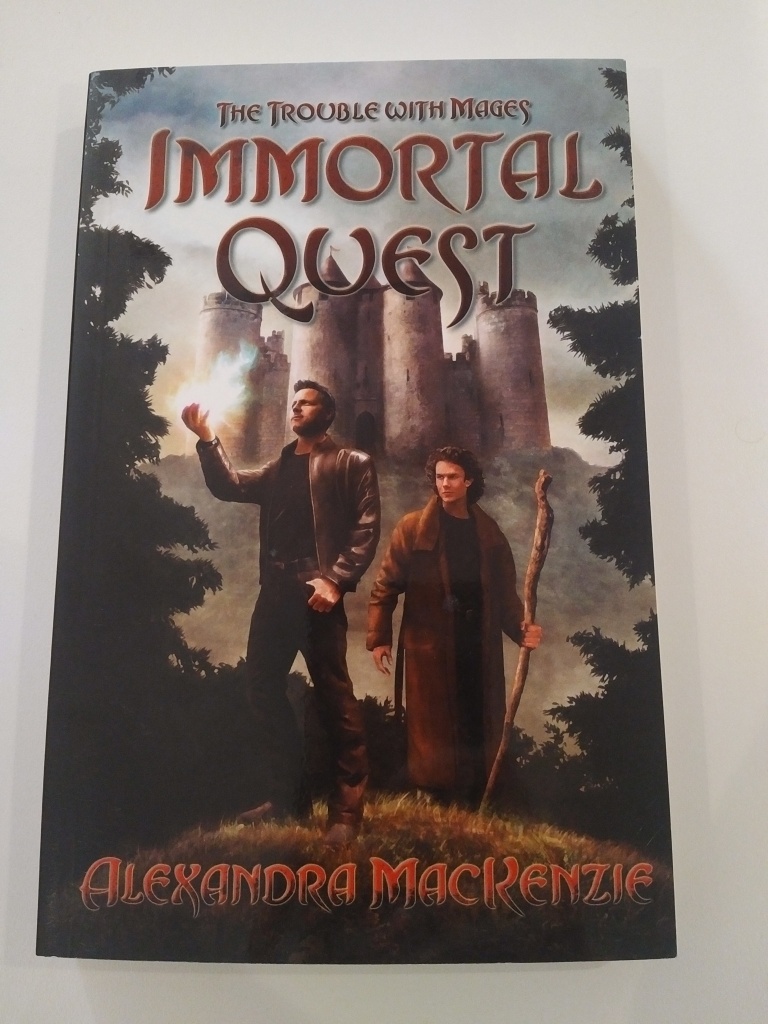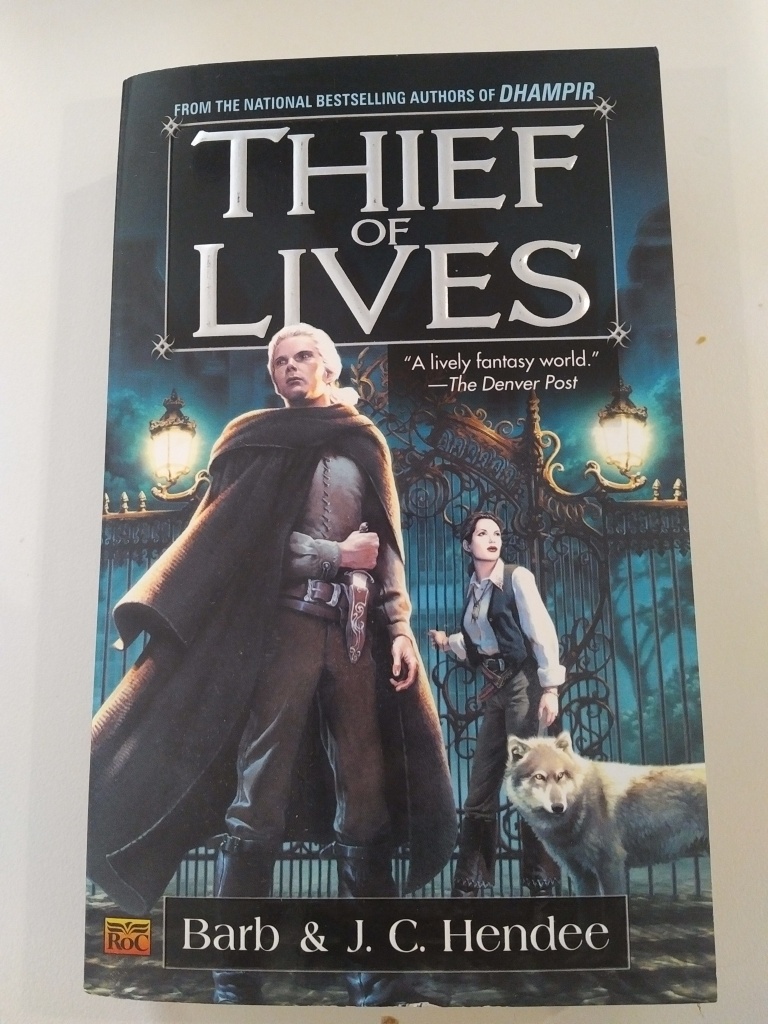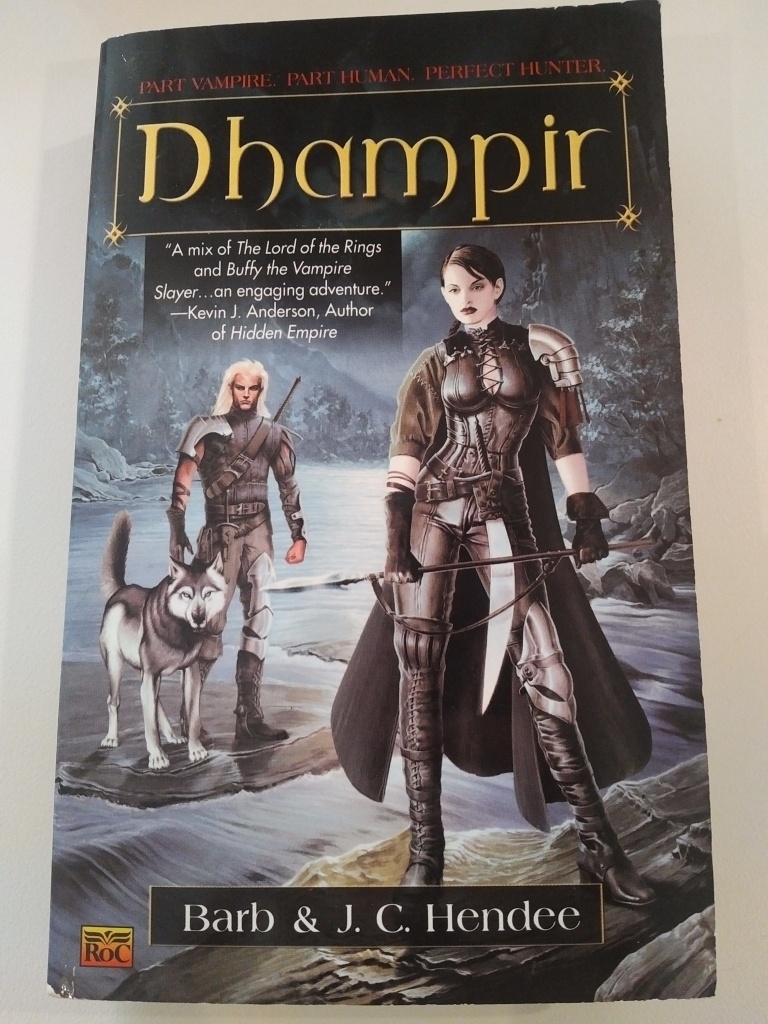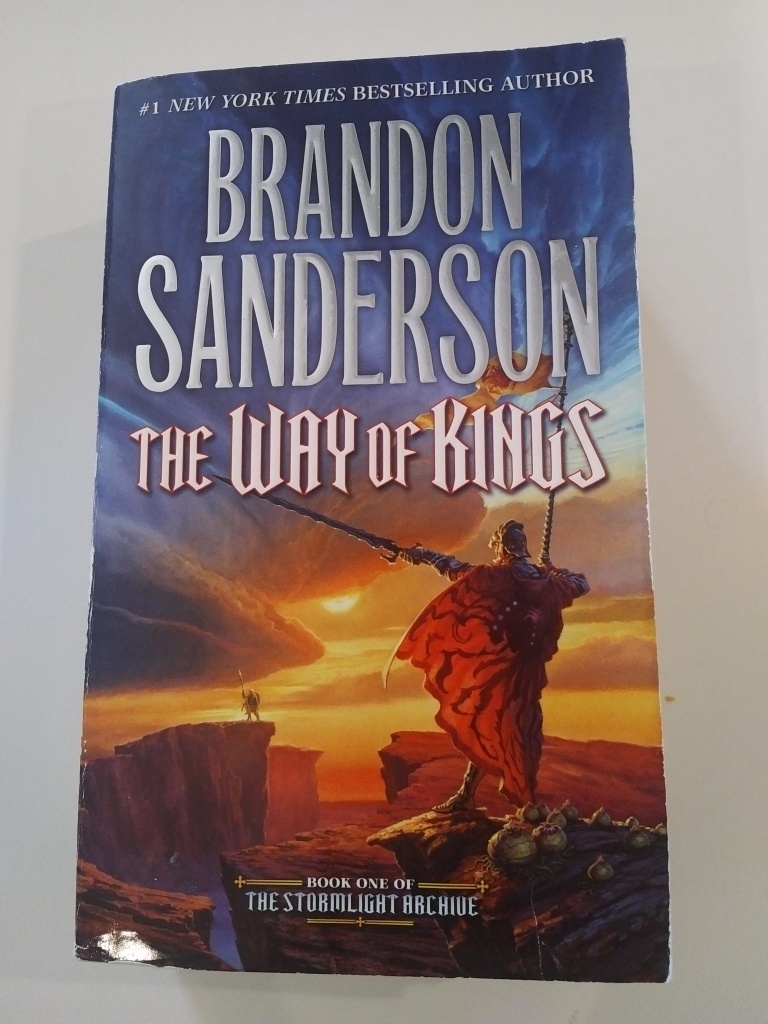With Jade War out, it’s long past time I mention Fonda Lee’s Jade City, where Ms. Lee has imagined a new world, a contemporary alternate history with a rich history that intimately informs its present. Cleverly woven in, I can see Lee writing books chronicling the history at which she’s hinted.
Into this world returns Shae, the youngest of the Kaul clan, even though she had tried to step out of it.

Her family is a crime family which doesn’t just have its fingers spread throughout Kekon, they rule Kekon and the city Janloon through their use and control of jade. Jade gives users enhanced abilities, but only if that person has trained to use it.
Shae, who trained to use jade but chose not to use it, leaves to remove herself from clan business and ensure that she makes it on her own rather than in a world where everyone would assist her to curry favour with her family. To test one’s mettle, to be successful on our own merit drives us forward and it has driven Shae to make herself the most vulnerable by going to a foreign country where no one knows her or cares about her country and learning how to be successful. She returns educated, poised and ready to navigate her family and her country on her own.
But she returns to the Island that shaped her family and herself and a favour to her brother Lan pulls her back into clan business.
Shae’s quiet workings, a relatively minor character who wants to be minor, reveal a critical weakness that may undermine the whole family. Yet, despite her not wanting to be involved with her family’s business, she makes decisions to protect her family, inserting herself into the business out of a sense of honour and duty. By doing so, her life will be ruled once more by her family. It’s a difficult choice to make but she does so to protect her family.
Her loyalty to her family mean that she has to make difficult choices that pull her into her family’s ways and business. However, there is no doubt or hesitation on her part. She makes the requests of the people around her that have to be made to look after the family’s interests.
We don’t get to see all the results of Shae’s actions but Jade City laid a lot of promises for Jade War.



